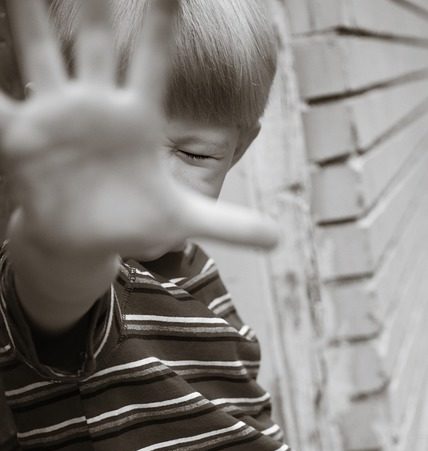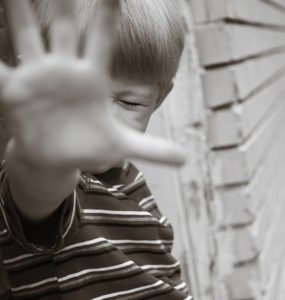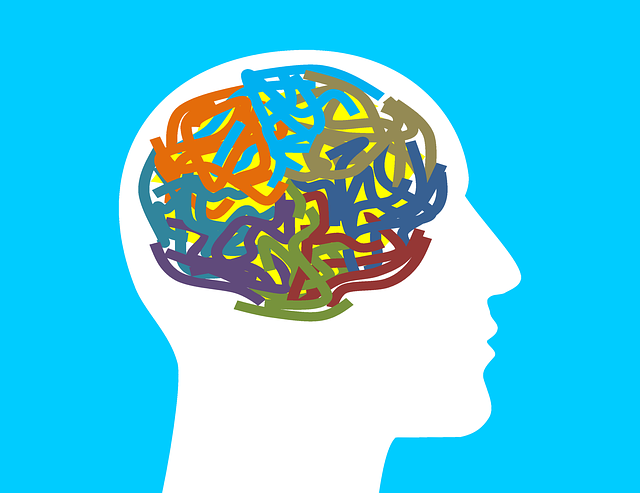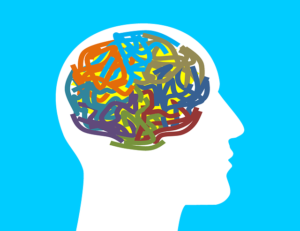Study: A Growth Mindset Helps Students Cope with Academic Setbacks
 A new study finds that when students experience an academic setback such as a bad grade, the amount of cortisol—the so-called stress hormone—in their bodies typically spikes. For most students it drops back down to normal levels a day later, but for some it stays high. These students remain fixated on the setback and have difficulty moving forward. Read more ›
A new study finds that when students experience an academic setback such as a bad grade, the amount of cortisol—the so-called stress hormone—in their bodies typically spikes. For most students it drops back down to normal levels a day later, but for some it stays high. These students remain fixated on the setback and have difficulty moving forward. Read more ›


 Mental health among autistic individuals is an underdeveloped area of research—a situation that many autistic people are advocating to change. This is especially crucial since rates of depression and thoughts of suicide are higher among autistic people than in the general population.
Mental health among autistic individuals is an underdeveloped area of research—a situation that many autistic people are advocating to change. This is especially crucial since rates of depression and thoughts of suicide are higher among autistic people than in the general population. 
 During the stressful teen years, most adolescents experience emotional highs and lows, but for more than
During the stressful teen years, most adolescents experience emotional highs and lows, but for more than 
 Navigating love and relationships can be difficult at any age, but especially so in the angsty teenage years. Budding romances can be fun and exhilarating but also confusing and uncomfortable. In these moments of confusion, teens often turn to friends or the internet for advice. But what if teens were trained with other options? What if lessons in love and romance were taught more explicitly in schools and at home?
Navigating love and relationships can be difficult at any age, but especially so in the angsty teenage years. Budding romances can be fun and exhilarating but also confusing and uncomfortable. In these moments of confusion, teens often turn to friends or the internet for advice. But what if teens were trained with other options? What if lessons in love and romance were taught more explicitly in schools and at home? 
 A study finds that teenagers report feeling all kinds of positive and negative emotions when describing the same social media experiences — posting selfies, Snapchatting, browsing videos — but the majority rate their overall experiences as positive.
A study finds that teenagers report feeling all kinds of positive and negative emotions when describing the same social media experiences — posting selfies, Snapchatting, browsing videos — but the majority rate their overall experiences as positive. 
 It’s natural for parents to do whatever they can to keep their children safe and healthy, but children need space to learn and grow on their own, without Mom or Dad hovering over them, according to new research published by the American Psychological Association. The study, published in the journal
It’s natural for parents to do whatever they can to keep their children safe and healthy, but children need space to learn and grow on their own, without Mom or Dad hovering over them, according to new research published by the American Psychological Association. The study, published in the journal 

 Interventions shown to be highly effective in treating symptoms of autism are already limited, but the options shrink even further in the presence of anxiety
Interventions shown to be highly effective in treating symptoms of autism are already limited, but the options shrink even further in the presence of anxiety 

